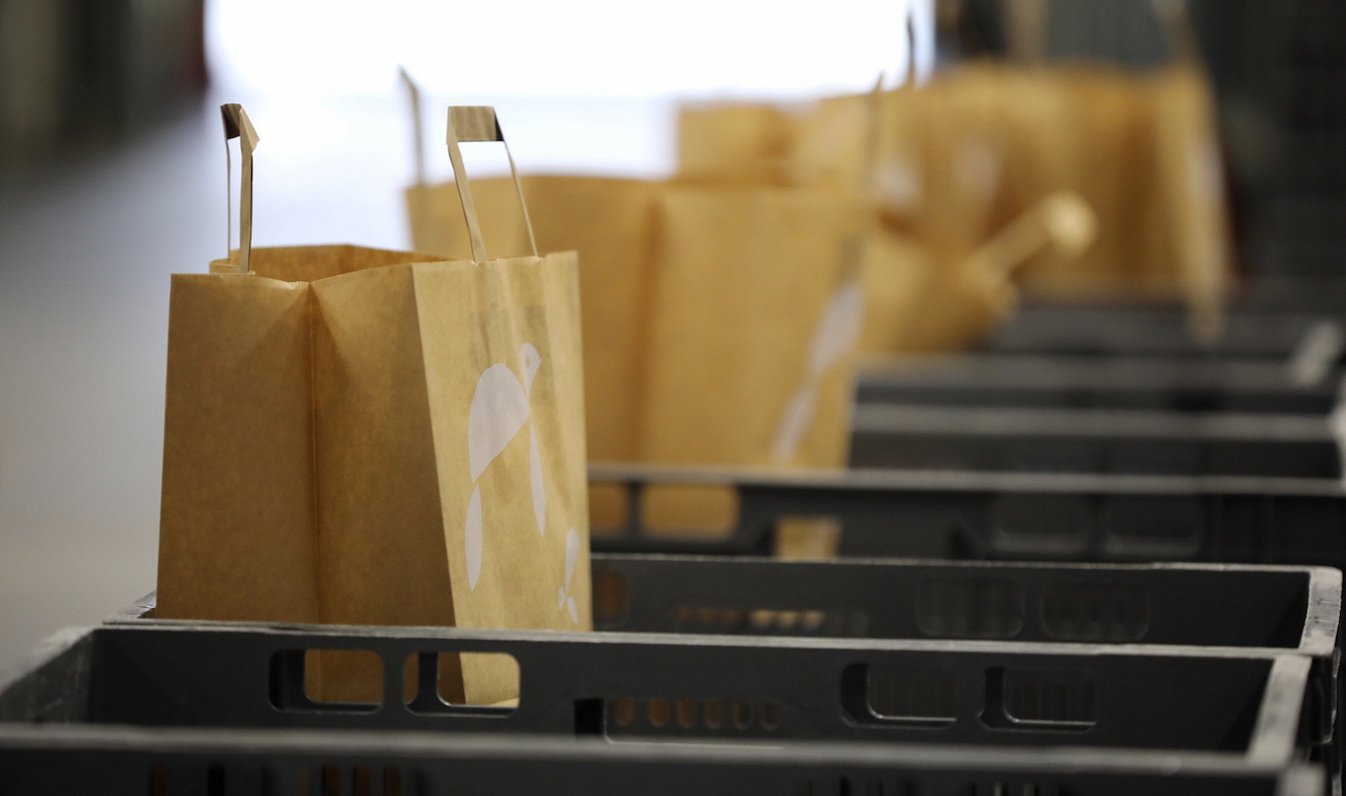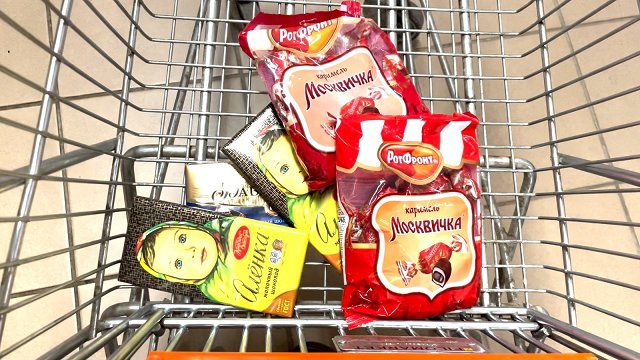Ingūna Gulbe, head of the agricultural market promotion center, said the price of beef and pork fell by the end of last year. If the price of beef could gradually increase, then more difficult times are expected for pig farmers, as developments in the world are changing.
In China, new modern farms with high numbers of animals have been built after swine fever has been fought, and this will also affect the pork market in Europe.
"The largest importer of pork in the world was China, but they won't buy anymore to the extent they had been buying until now. And Europe is also ageing: the older generation is the one eating pork. The young generation many are vegetarians and vegans, others eat turkey or chicken.
"Grain still has high prices. This means that there is no reason for eggs, chicken, to get cheaper, because there is a lot of grain in the feed. Sugar prices are forecasted to rise, while prices of some types of coffee have dropped. Prices for vegetables are low because from a farming point of view it was a good year – not too cold, hot, not too dry or wet, and good vegetable harvest was all over Europe," Gulbe said.
According to Gulbe, dairy prices have fallen, since dairy is used a lot by catering companies. Tourism stalled and there was a sharp decline in demand.
The creative director of the market in Āgenskalns , Una Meiberga, said that since December, farmers and local producers have also been selling their products, which were previously sold at the Kalnciema market. Āgenskalns Market is working from Tuesday to Sunday, and also an Āgenskalns Market Internet shop has been set up.
"It is important for us that the market has products that are necessary at that moment, such as freshly baked bread. It is also important for us that the suppliers are loyal and offer quality goods. We've built a market on the Internet since the spring, Covid-19's first wave.
"It is precisely because the market is also virtual, it will develop in many and different ways, and in the future we are also counting on the fact that a large part of the trade will remain on the Internet.
"We have launched a new project from the European Union, which is about healthy and inclusive development of neighborhoods through the food market. It started in September and will take place for five years. There will be a variety of activities, such as creating a community kitchen, developing the online market and other things," Meiberga said.
Producers and market representatives predicted that remote shopping would also remain topical after the end of the Covid-19 pandemic, especially among younger people.





























